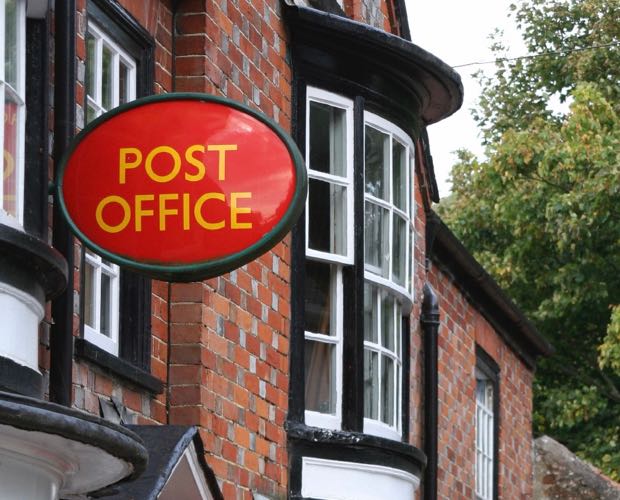T: 01822 851370 E: [email protected]
Local Services
What makes our rural communities sustainable and vibrant? At the heart of our communities are elements such as access to services, healthcare, education, shops and community facilities. This section includes analysis in these areas.
Talking Retail covered the Association of Convenience Stores’ (ACS) call for the Government to ensure there is a ‘level playing field’ for the UK’s 16,944 rural convenience stores so they can keep up with technological developments. The ACS 2019...
The website HuffPost UK has launched What It’s Like to Lose, a series to examine the impact of cuts to public services. The first article examined the effect of the loss of post offices to a local community. ...
Telford in Shropshire has been found to be England’s biggest fly-tipping hotspots with an average eight incidents per day, according to the Shropshire Star. Last year, £320,000 was spent on clearing up fly-tipped rubbish across Shropshire. One incident in...
NEWSLETTER
Sign up to receive all our latest news and updates.
HOT TOPICS
Amid reduced public spending, fair resource allocation across regions is crucial. Despite a population larger than Greater London, rural areas receive significantly less funding for essential services, even though delivering these services in rural areas is more expensive.
Economic growth is widely acknowledged as essential for national wealth and prosperity and is a priority for political parties. Rural economies, employing millions and home to a higher proportion of small businesses, have potential for growth if barriers are removed.
Rural residents face distinct healthcare challenges, including limited access to transport, longer distances to medical facilities, an aging demographic, housing inadequacies, digital connectivity gaps, and difficulties recruiting health and care workers.
Rural communities are grappling with a severe affordable housing crisis, marked by high house prices, a lack of affordable housing, elevated living costs, and lower incomes, threatening their sustainability and vitality.
Transport is vital for the quality of life and economic health of rural areas, yet it faces challenges such as infrequent public bus services and less Government funding compared to urban regions.
Rural areas, encompassing a substantial portion of England's population and land, play a pivotal role in combating climate change and achieving the net zero target.
In an increasingly digital world, the lack of robust digital infrastructure in rural areas severely limits access to crucial services and stifles economic growth.
A future-focused vision for rural communities involves not just building the right homes in the right places but also ensuring thriving, sustainable communities.
SIGN UP TO OUR NEWSLETTER
Sign up to our newsletter to receive all the latest news and updates.






